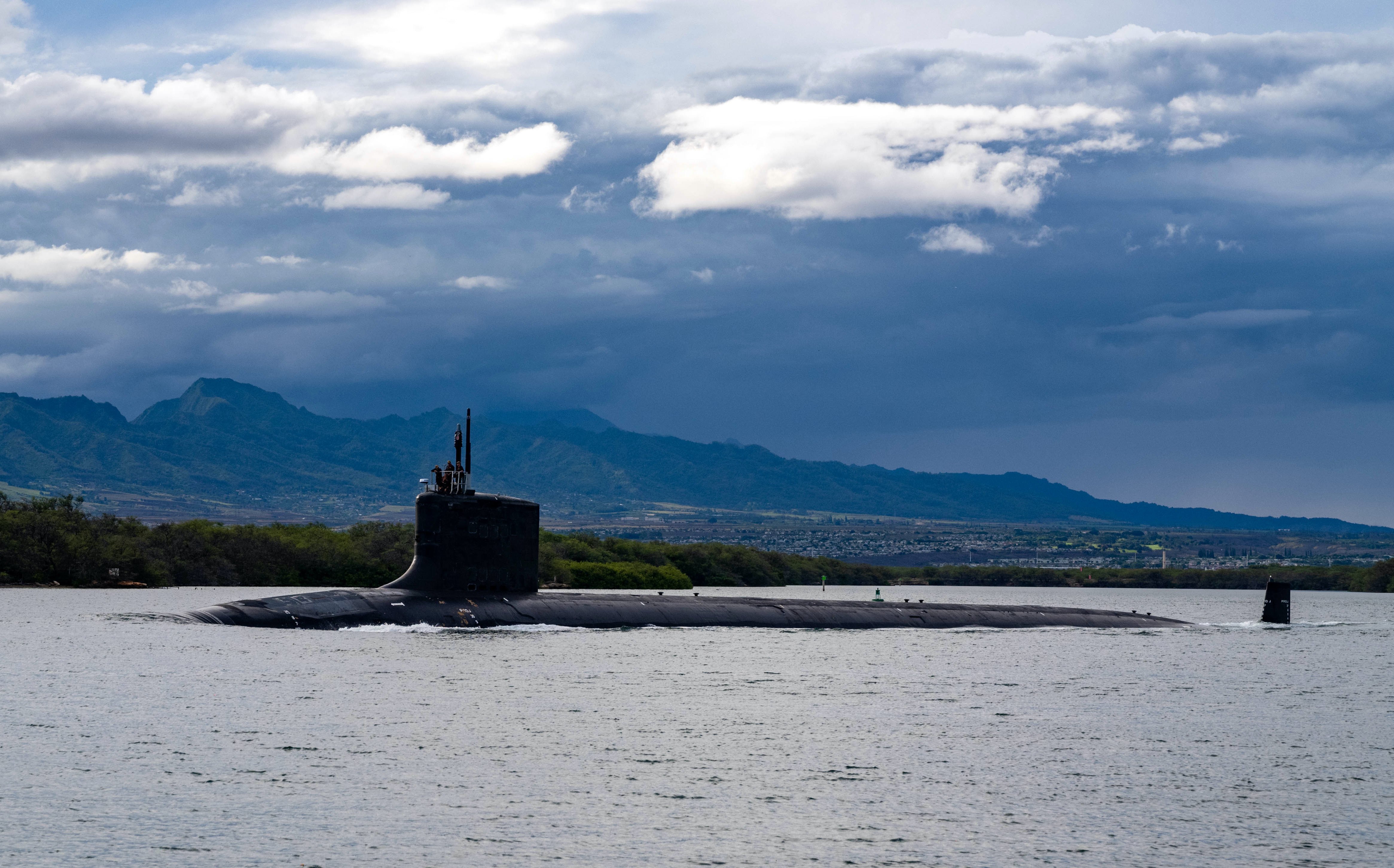The following is the Dec. 31, 2020, Congressional Research Service In Focus report, Taiwan: Political and Security Issues.
From the report
U.S. Commitments Related to Taiwan
The PRC seeks to enforce a “one China principle,” under which other countries affirm that Taiwan is part of China. The United States adheres to its own “one-China policy,” which the Trump Administration presented as based on U.S.-PRC joint communiqués concluded in 1972, 1978, and 1982; the TRA; and “Six Assurances” that President Ronald Reagan communicated to Taiwan in 1982, shortly before the release of the third U.S.-PRC joint communiqué.
In the communiqués, the United States recognized the PRC as the “sole legal government of China”; acknowledged, but did not affirm, “the Chinese position that there is but one China and Taiwan is part of China”; and pledged to maintain only unofficial relations with Taiwan. In the 1982 communiqué, the United States stated “that it intends gradually to reduce its sale of arms to Taiwan.”
Key provisions of the TRA include the following:
- Relations with Taiwan shall be carried out through the American Institute in Taiwan (AIT), a private corporation. (AIT Taipei performs many of the same functions as U.S. embassies elsewhere and is staffed by U.S. government personnel assigned or detailed to AIT.)
- It is U.S. policy “to maintain the capacity of the United States to resist any resort to force or other forms of coercion that would jeopardize the security, or the social or economic system, of the people on Taiwan.”
- The United States “will make available to Taiwan such defense articles and defense services in such quantity as may be necessary to enable Taiwan to maintain a sufficient self-defense capability.”
The 1982 Six Assurances, which the Trump Administration declassified in 2020, include assurances that in negotiations with the PRC, the United States did not agree to consult with the PRC on arms sales to Taiwan, did not agree to set a date for ending such arms sales, and did not agree “to take any position regarding sovereignty over Taiwan.”
In September 2020 Senate testimony, Assistant Secretary of State for East Asian and Pacific Affairs David Stilwell said it is U.S. policy to leave Taiwan’s sovereignty “undecided and to be worked out between the two parties,” meaning Taiwan and the PRC, while insisting that PRC-Taiwan differences “be resolved peacefully and through dialogue, not with coercion or use of force.” The TRA does not require the United States to defend Taiwan, but states that it is U.S. policy to maintain the capacity to do so. In October 2020, National Security Advisor Robert O’Brien referred to, “a lot of ambiguity there about what the United States would do in response to an attack by China on Taiwan.”
Download the document here.





